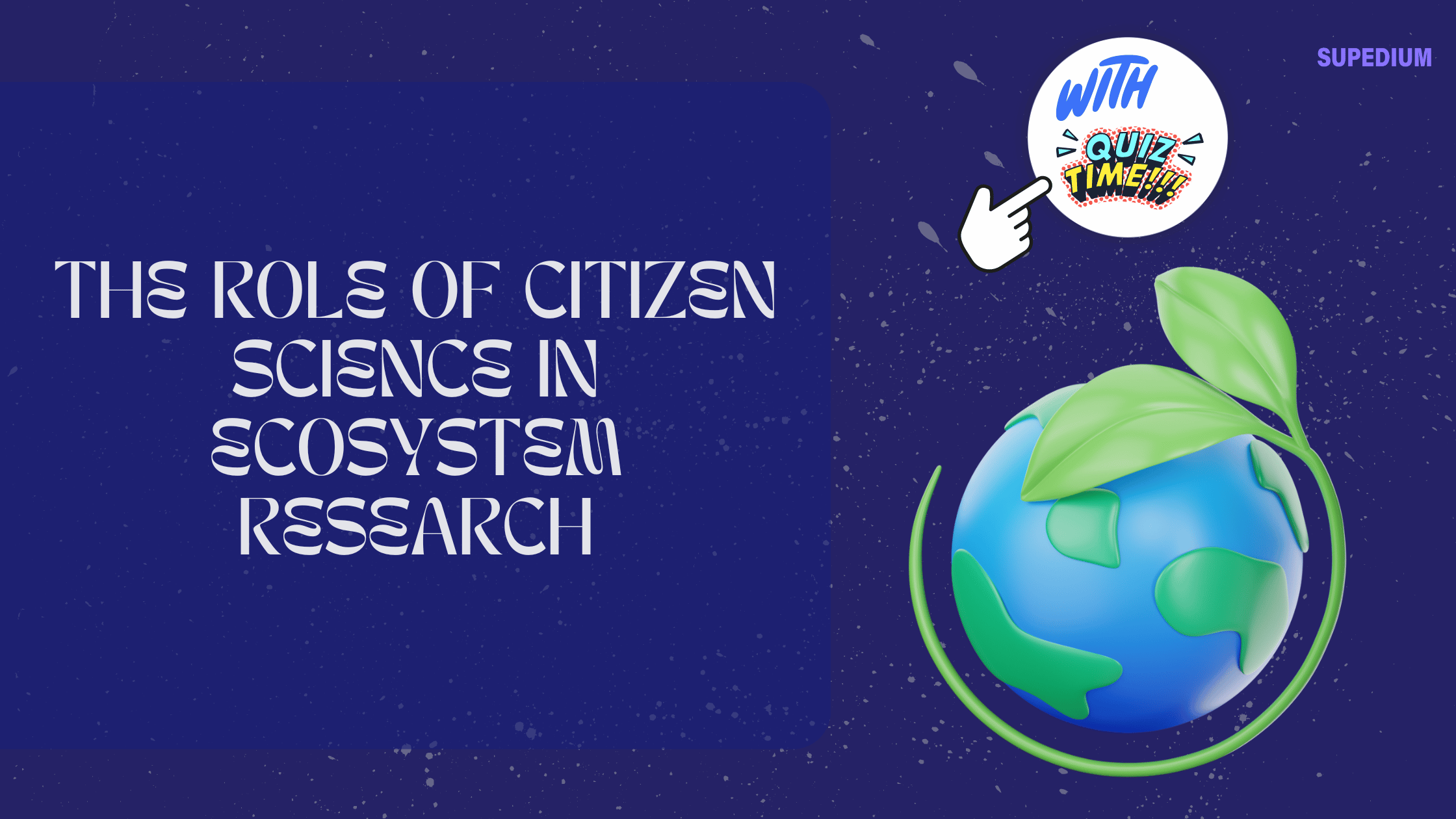Table of Contents
![]()
Introduction
Mental health encompasses emotional, psychological, and social well-being, influencing how individuals think, feel, and act. It affects how we handle stress, relate to others, and make choices. Nutrition, the intake of food and its impact on health, is a crucial but often overlooked aspect of mental health. Exploring the connection between nutrition and mental health reveals how dietary choices can influence mood, cognition, and overall mental well-being.
The Biochemical Basis of Nutrition and Mental Health
Neurotransmitters and Brain Function
Neurotransmitters, such as serotonin, dopamine, and norepinephrine, are chemical messengers in the brain that regulate mood, emotions, and cognitive functions. Nutrients play a critical role in neurotransmitter synthesis and function. For example, amino acids, the building blocks of proteins, are precursors to neurotransmitters. Adequate levels of essential nutrients are necessary for the production and regulation of these neurotransmitters, affecting mental health outcomes.
Brain Structure and Function
Nutrition also impacts brain development and plasticity. Key nutrients support brain cell structure and function, influencing cognitive abilities and emotional regulation. Deficiencies in vital nutrients can lead to impaired brain function, affecting memory, concentration, and emotional stability.
Key Nutrients and Their Impact on Mental Health
Omega-3 Fatty Acids
Omega-3 fatty acids, found in fatty fish, flaxseeds, and walnuts, are essential for brain health. These fats help reduce inflammation and support the structural integrity of brain cells. Research indicates that omega-3s can positively affect mood and are linked to a lower risk of depression. They contribute to the fluidity of cell membranes and the efficient transmission of nerve signals, which are crucial for maintaining mental health.
Vitamins and Minerals
- B Vitamins: B vitamins, including B6, B12, and folate, are integral to neurotransmitter production and brain function. Deficiencies in these vitamins can lead to symptoms of depression and cognitive decline. For instance, vitamin B12 deficiency is associated with memory loss and mood disturbances.
- Vitamin D: Known for its role in bone health, vitamin D also affects mood and cognitive function. Low levels of vitamin D have been linked to increased risk of depression and cognitive impairments. Vitamin D can be obtained from sunlight exposure and dietary sources such as fatty fish and fortified foods.
- Magnesium and Zinc: Magnesium plays a role in managing stress and anxiety, while zinc is involved in neurotransmitter function and neurogenesis. Deficiencies in these minerals can exacerbate mental health conditions, emphasizing the importance of a balanced diet.
Amino Acids
Amino acids, such as tryptophan, are precursors to neurotransmitters like serotonin. Serotonin is known for its mood-regulating properties. Adequate intake of tryptophan, found in foods like turkey, eggs, and dairy products, can support serotonin levels and potentially improve mood and emotional well-being.
Antioxidants
Antioxidants combat oxidative stress, which can damage brain cells and contribute to mental health disorders. Foods rich in antioxidants, such as fruits, vegetables, and nuts, can help protect against depression and anxiety. These antioxidants support overall brain health and mitigate the effects of oxidative damage.
Dietary Patterns and Mental Health
Mediterranean Diet
The Mediterranean diet, rich in fruits, vegetables, whole grains, nuts, and olive oil, has been associated with improved mental health. Its emphasis on healthy fats, antioxidants, and nutrient-dense foods supports brain function and reduces inflammation. Research suggests that adherence to this diet can lower the risk of depression and cognitive decline.
Plant-Based Diets
Plant-based diets, which focus on vegetables, fruits, legumes, and whole grains, offer numerous mental health benefits due to their high fiber, vitamin, and antioxidant content. However, it is important to ensure adequate intake of nutrients such as vitamin B12, iron, and omega-3 fatty acids, which are less abundant in plant-based diets.
Western Diet
The Western diet, characterized by high intake of processed foods, sugars, and unhealthy fats, is often linked to poorer mental health outcomes. Diets high in refined sugars and fats can lead to inflammation and oxidative stress, increasing the risk of conditions such as depression and anxiety.
Clinical Evidence and Research
Studies on Nutritional Interventions
Numerous studies have explored the impact of nutritional interventions on mental health. Randomized controlled trials (RCTs) and meta-analyses have provided evidence that specific dietary patterns and nutrients can influence mood and cognitive function. For example, omega-3 fatty acids and B vitamins have shown promise in alleviating symptoms of depression and improving cognitive performance.
Nutritional Psychiatry
Nutritional psychiatry is an emerging field that focuses on the relationship between diet and mental health. This discipline integrates nutritional science into mental health care, emphasizing the importance of dietary modifications as part of a comprehensive treatment plan. Notable studies in this field have highlighted the potential for dietary interventions to complement traditional mental health treatments.
Practical Applications
Nutritional Recommendations for Mental Health
To support mental health through nutrition, individuals should aim for a balanced diet rich in fruits, vegetables, whole grains, lean proteins, and healthy fats. Incorporating nutrient-dense foods and minimizing processed foods can help maintain optimal brain function and emotional stability.
Addressing Nutritional Deficiencies
Identifying and addressing nutritional deficiencies is crucial for mental health. Common deficiencies, such as those in vitamin D, B vitamins, and omega-3 fatty acids, can be corrected through dietary changes and supplements. Regular assessments and consultations with healthcare professionals can help tailor dietary interventions to individual needs.
Integrating Nutrition into Mental Health Care
Dietitians and nutritionists play a key role in integrating nutrition into mental health care. Collaboration between mental health professionals and nutrition experts ensures a holistic approach to treatment, addressing both psychological and nutritional needs.
Challenges and Considerations
Individual Variability
Genetic factors can influence how individuals metabolize nutrients and respond to dietary changes. Personalized nutrition approaches consider these genetic differences to optimize mental health outcomes. Understanding individual needs and responses is essential for effective nutritional interventions.
Socioeconomic and Cultural Factors
Socioeconomic status and cultural practices can impact access to nutritious foods and dietary choices. Addressing these factors involves promoting equitable access to healthy foods and respecting cultural dietary practices while encouraging mental health-supportive nutrition.
Future Directions
Emerging Research Areas
Future research is exploring the gut-brain axis, which investigates how gut health affects mental well-being. Additionally, personalized nutrition and its role in mental health are gaining attention, with potential for tailored dietary recommendations based on individual profiles.
Potential for New Treatments and Therapies
Innovations in nutritional supplements and functional foods offer new possibilities for supporting mental health. Continued research and integration of nutritional strategies into mental health treatments hold promise for more effective and comprehensive care.
Conclusion
The role of nutrition in mental health is a complex and evolving field. A balanced diet rich in essential nutrients supports brain function and emotional well-being. Ongoing research and evidence-based practices highlight the importance of incorporating nutrition into mental health care. A holistic approach that includes attention to diet can enhance mental health and overall quality of life.
Share This






Be the first to comment